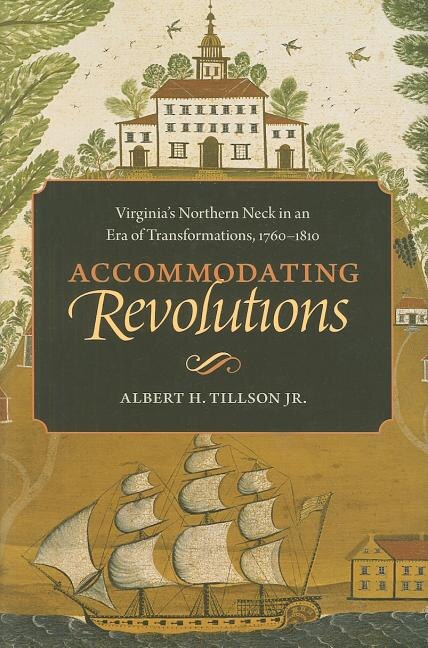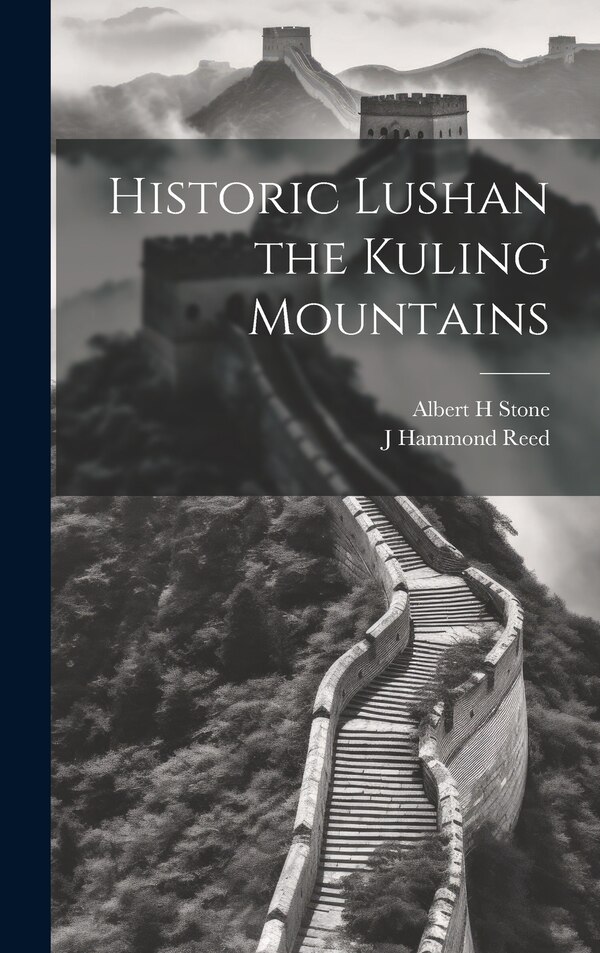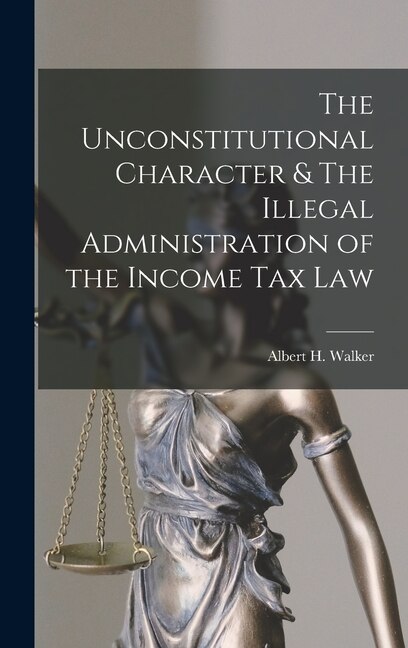Home
Accommodating Revolutions by Albert H. Tillson, Hardcover | Indigo Chapters
Coles
Loading Inventory...
Accommodating Revolutions by Albert H. Tillson, Hardcover | Indigo Chapters in Brampton, ON
From Albert H. Tillson
Current price: $76.95

Coles
Accommodating Revolutions by Albert H. Tillson, Hardcover | Indigo Chapters in Brampton, ON
From Albert H. Tillson
Current price: $76.95
Loading Inventory...
Size: 1.2 x 9.4 x 780
*Product information may vary - to confirm product availability, pricing, and additional information please contact Coles
Accommodating Revolutions addresses a controversy of long standing among historians of eighteenth-century America and Virginia—the extent to which internal conflict and/or consensus characterized the society of the Revolutionary era. In particular, it emphasizes the complex and often self-defeating actions and decisions of dissidents and other non-elite groups. By focusing on a small but significant region, Tillson elucidates the multiple and interrelated sources of conflict that beset Revolutionary Virginia, but also explains why in the end so little changed. In the Northern Neck—the six-county portion of Virginia's Tidewater lying between the Potomac and Rappahannock rivers—Tillson scrutinizes a wealthy and powerful, but troubled, planter elite, which included such prominent men as George Washington, Richard Henry Lee, Landon Carter, and Robert Carter. Throughout the late eighteenth and early nineteenth centuries, the Northern Neck gentry confronted not only contradictions in cultural ideals and behavioral patterns within their own lives, but also the chronic hostility of their poorer white neighbors, arising from a diverse array of local economic and political issues. These insecurities were further intensified by changes in the system of African American slavery and by the growing role of Scottish merchants and their Virginia agents in the marketing of Chesapeake tobacco. For a time, the upheavals surrounding the War for American Independence and the roughly contemporaneous rise of vibrant, biracial evangelical religious movements threatened to increase popular discontent to the point of overwhelming the gentry's political authority and cultural hegemony. But in the end, the existing order survived essentially intact. In part, this was because the region's leaders found ways to limit and accommodate threatening developments and patterns of change, largely through the use of traditional social and political appeals that had served them well for decades. Yet in part it was also because ordinary Northern Neckers—including many leaders in the movements of wartime and religious dissidence—consciously or unconsciously accommodated themselves to both the patterns of economic change transforming their world and to the traditional ideals of the elite, and thus were unable to articulate or accept an alternative vision for the future of the region. | Accommodating Revolutions by Albert H. Tillson, Hardcover | Indigo Chapters
Accommodating Revolutions addresses a controversy of long standing among historians of eighteenth-century America and Virginia—the extent to which internal conflict and/or consensus characterized the society of the Revolutionary era. In particular, it emphasizes the complex and often self-defeating actions and decisions of dissidents and other non-elite groups. By focusing on a small but significant region, Tillson elucidates the multiple and interrelated sources of conflict that beset Revolutionary Virginia, but also explains why in the end so little changed. In the Northern Neck—the six-county portion of Virginia's Tidewater lying between the Potomac and Rappahannock rivers—Tillson scrutinizes a wealthy and powerful, but troubled, planter elite, which included such prominent men as George Washington, Richard Henry Lee, Landon Carter, and Robert Carter. Throughout the late eighteenth and early nineteenth centuries, the Northern Neck gentry confronted not only contradictions in cultural ideals and behavioral patterns within their own lives, but also the chronic hostility of their poorer white neighbors, arising from a diverse array of local economic and political issues. These insecurities were further intensified by changes in the system of African American slavery and by the growing role of Scottish merchants and their Virginia agents in the marketing of Chesapeake tobacco. For a time, the upheavals surrounding the War for American Independence and the roughly contemporaneous rise of vibrant, biracial evangelical religious movements threatened to increase popular discontent to the point of overwhelming the gentry's political authority and cultural hegemony. But in the end, the existing order survived essentially intact. In part, this was because the region's leaders found ways to limit and accommodate threatening developments and patterns of change, largely through the use of traditional social and political appeals that had served them well for decades. Yet in part it was also because ordinary Northern Neckers—including many leaders in the movements of wartime and religious dissidence—consciously or unconsciously accommodated themselves to both the patterns of economic change transforming their world and to the traditional ideals of the elite, and thus were unable to articulate or accept an alternative vision for the future of the region. | Accommodating Revolutions by Albert H. Tillson, Hardcover | Indigo Chapters





















